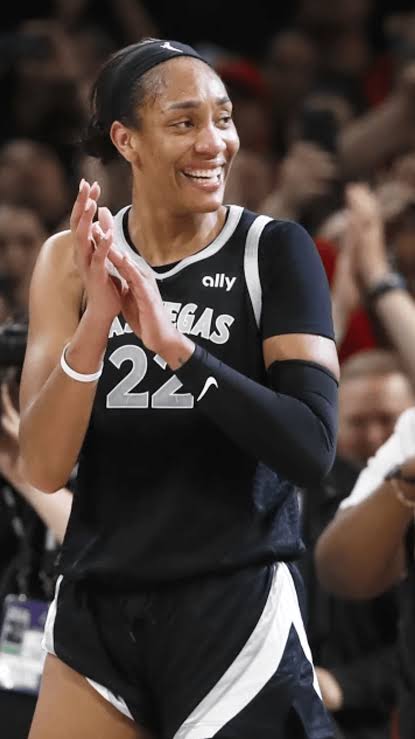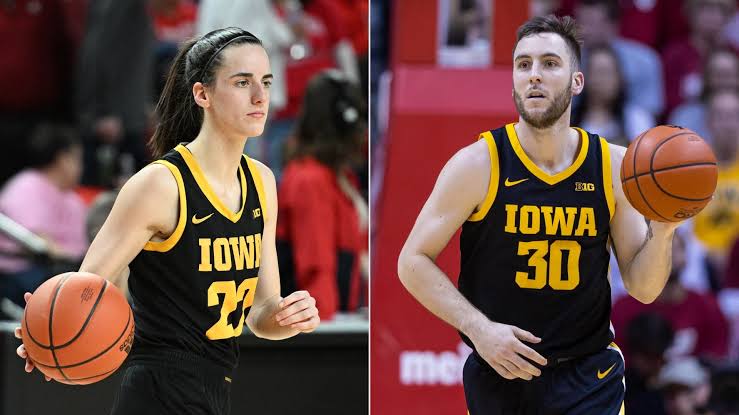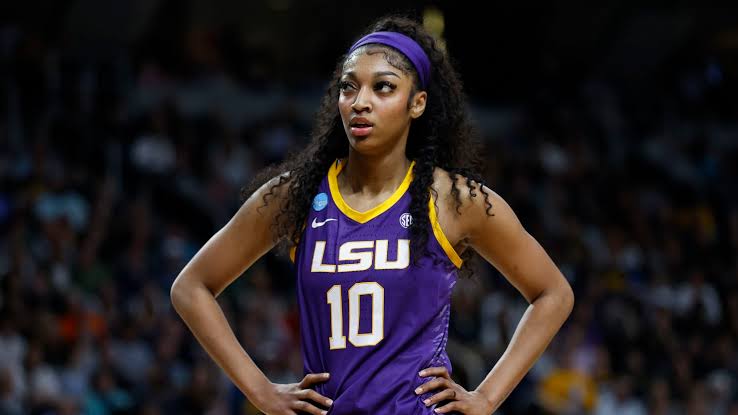The disparity in how male and female athletes are perceived and valued. His remarks dismissing the possibility of WNBA stars competing with NBA or G League players perpetuate a narrative that undermines the achievements of women in sports, regardless of their accolades or skill levels.
Context and Reaction
A’ja Wilson, a standout athlete with multiple MVP awards and championships, jokingly suggested she could best New York Knicks guard Josh Hart in a one-on-one matchup. While Hart’s response was lighthearted, Teague escalated the conversation, making definitive claims that not only downplayed Wilson’s talents but also generalized the capabilities of WNBA players in comparison to male athletes. This narrative reflects a broader tendency to undervalue women’s sports by measuring them against men’s standards without considering the distinct dynamics of each league.
Teague’s claim about Bronny James dominating Wilson and Clark further highlights an unwillingness to engage in a nuanced discussion. By focusing solely on physical athleticism, his remarks dismiss other critical aspects of basketball, such as skill, strategy, and basketball IQ, which are showcased at elite levels in both the WNBA and NCAA women’s basketball.
Larger Implications
The backlash Teague is facing is emblematic of a shifting cultural landscape. With increased visibility and support for women’s sports, fans and athletes alike are pushing back against dismissive attitudes. These incidents are not just about basketball; they reflect deeper societal conversations about respect, equality, and recognition.
While debates about hypothetical matchups between male and female athletes can be intriguing, they should not serve as platforms to diminish the achievements of either group. Instead, such discussions should celebrate the unique qualities each athlete brings to their respective leagues.
Conclusion
Teague’s remarks have reignited a critical conversation about respect and equity in sports. As the WNBA continues to grow in popularity and prestige, outdated views like those expressed by Teague increasingly clash with public sentiment. This moment serves as a reminder of the importance of recognizing and celebrating athletic excellence across all platforms, without resorting to unnecessary comparisons or dismissive commentary.


